You’re invited to a night of astrophysics adventure! Join Brian Schmidt, Nobel Prize winner, as he presents three exciting international astrophysicists from the Dark Energy Survey. Learn about gravitational waves and black holes, hear about whether there’s a ninth planet in our solar system far beyond Pluto, and learn how to simulate the entire universe in your (rather high end) computer.
Time: 7pm-8:30pm Tuesday 7th November, 2017. (Doors open 6:30pm.)
Location: The University of Queensland, St Lucia, Advanced Engineering Building (49), room 200
(Note the venue change to Advanced Engineering - we had so many registrations we needed to move to a bigger room!)
Registration is free, but space is limited, so book now!
UPDATE: Registrations are now closed, as the venue is full, but we will be livestreaming the talk via the Dark Energy Survey facebook page

You’ll hear from…
Professor Risa Wechsler
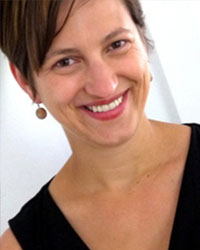
A cosmologist and simulator extraordinaire from Stanford University, who uses galaxies to probe the fundamental physics of the universe including the nature of dark matter and dark energy. She uses large computer simulations combined with the deepest and largest galaxy surveys to determine how the universe formed and evolved.
Professor David Gerdes
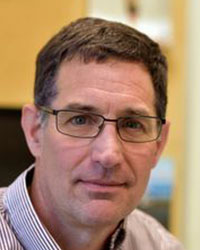
An astrophysicist and dark energy researcher, who is also using Dark Energy Survey data to discover hundreds new small icy worlds in our solar system beyond Neptune. His team's discoveries have raised the possibility that the solar system harbors a distant Neptune-sized planet with a 20,000-year orbit. He'll talk about how a survey intended to study distant galaxies is also making exciting discoveries in our own cosmic back yard.
Professor Marcelle Soares-Santos
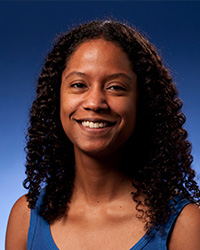
Marcelle detects dark matter by the way it bends light from background galaxies and uses the Dark Energy Camera to search for the optical signatures of gravitational wave events seen by the LIGO/Virgo detectors -- the discovery of which won this year's Nobel Prize. She will report on recent discovery of the first event for which both gravitational and electromagnetic radiation has been detected, a binary neutron star merger a hundred and thirty million light years away!
Professor Brian Schmidt
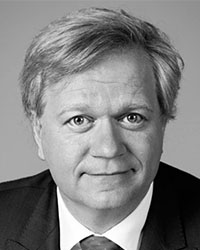
Your host for the evening is Professor Brian Schmidt, who shared the 2011 Nobel Prize in physics for the discovery of dark energy, and who is now Vice-Chancellor of the Australian National University. After the talk there will be a panel discussion and Q&A with the audience, with a chance to interact with the speakers.
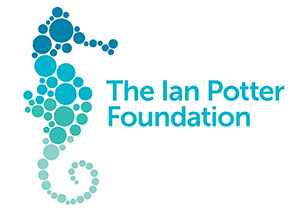
With generous support from the Ian Potter Foundation.